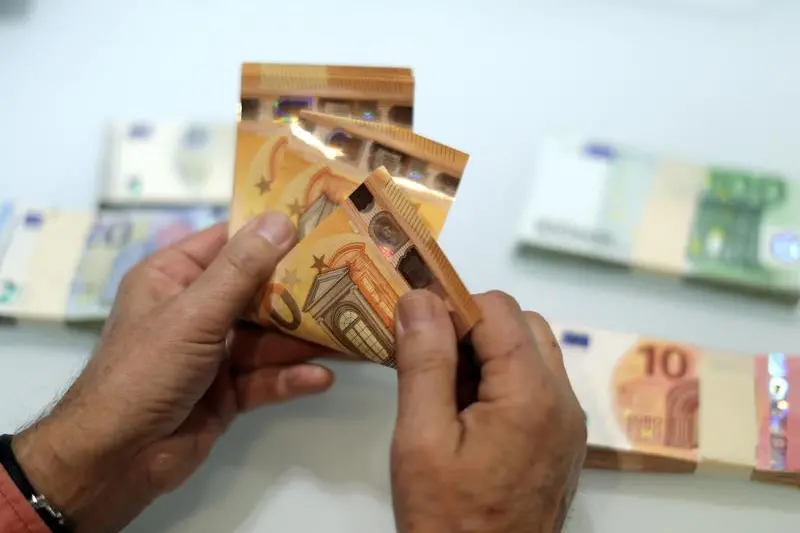PHOTO
ROME - Italy is set to unveil a new stimulus package on Monday worth up to 7 billion euros ($7.35 billion) to curb surging energy prices and help companies cope with the economic impact of the war in Ukraine, unions said after a meeting with the government.
The new stimulus comes on top of around 15 billion euros already budgeted since January to help firms and households with electricity, gas and petrol prices
Italy, whose top two banks have sizeable exposure to Russia and which relies heavily on Moscow for its energy needs, has seen its growth outlook deteriorate sharply since Russia's invasion of Ukraine on Feb. 24.
Under a draft decree seen by Reuters, Rome plans to extend until July 8 a cut of 25 cents per litre in excise duties on fuel prices at the pump, which otherwise would expire on Monday.
Taking advantage of a temporary easing of European Union rules on state aid, the government will also offer state guarantees on bank loans and up to 400,000 euros in grants to help thousands of firms hit by sanctions against Russia.
The package left the unions disappointed. "This is not enough," said Maurizio Landini, head of the CGIL, Italy's largest union confederation.
Rome aims to fund most of the new measures without extra borrowing, thanks to 6 billion euros of budget leeway announced in April as a result of higher tax revenues and lower spending than originally expected.
Despite coalition and union pressure to hike borrowing to head off recession, the Treasury wants to stick to a target set in the autumn to reduce the budget deficit this year to 5.6% of national output from 7.2% in 2021.
Prime Minister Mario Draghi will also unveil plans to cut Italy's reliance on Russian gas and speed up the roll-out of renewable power, his office said.
Draghi will hold a news conference following an emergency meeting of EU energy ministers convened to discuss the bloc's energy situation.
Italy's plans include reactivating some coal-fired power plants and, if necessary, rationing gas supplies, government officials told Reuters.
The EU meeting was convened after Moscow halted gas supply to Poland and Bulgaria for refusing to pay for Russian gas in roubles.
(Editing by Gavin Jones and John Stonestreet)





















